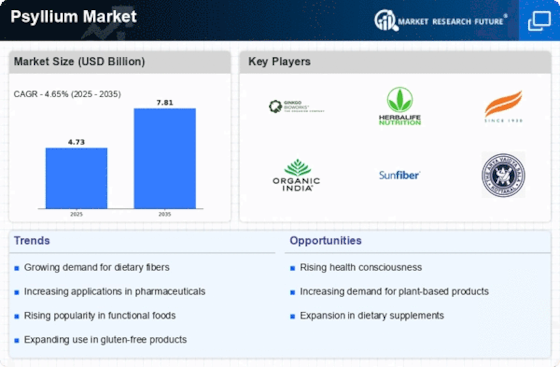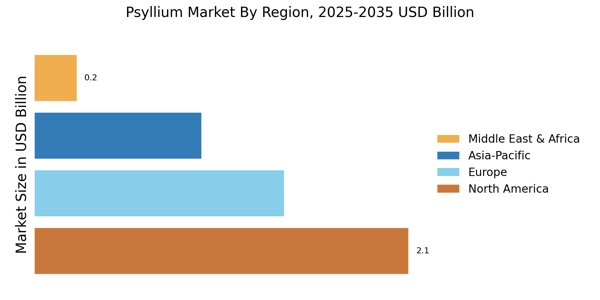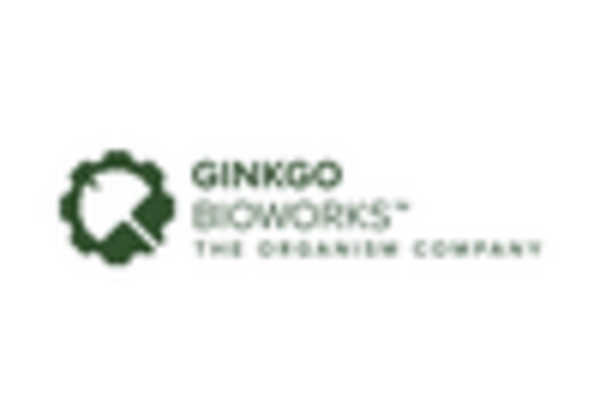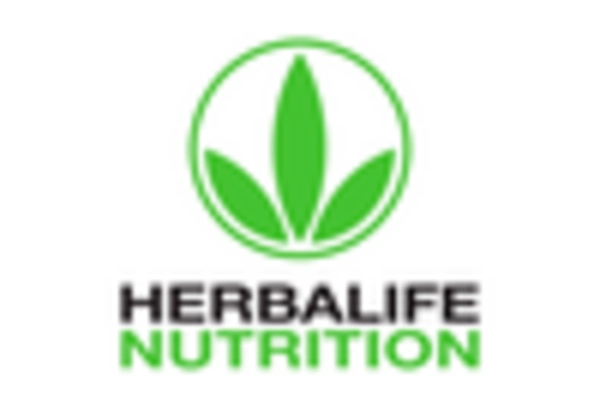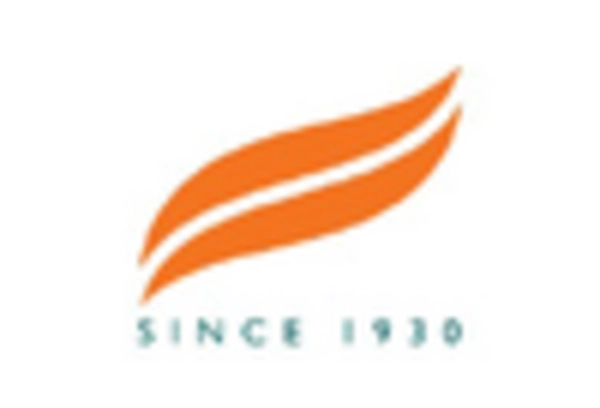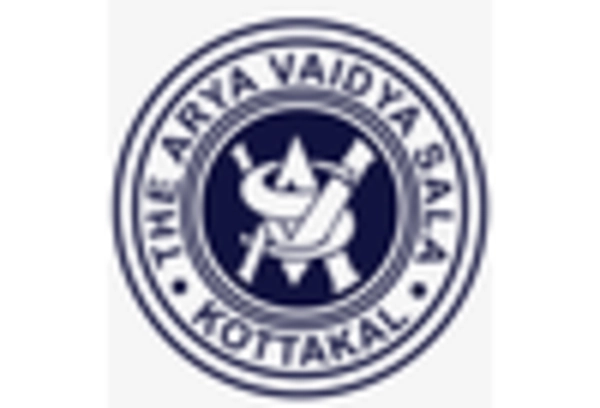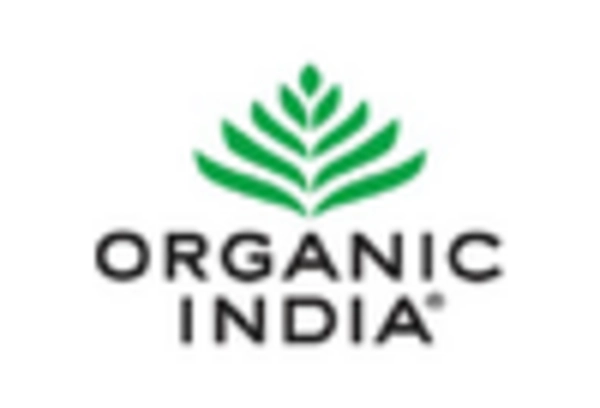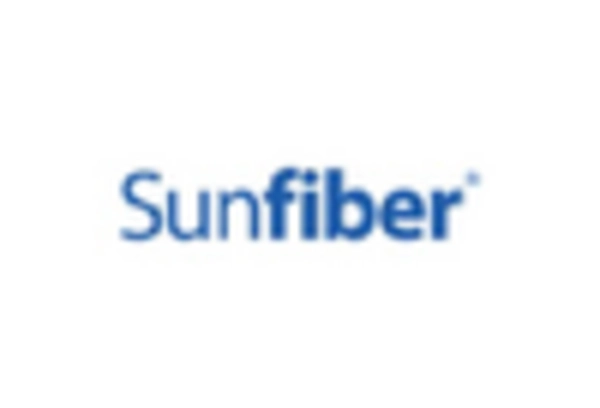Expansion of Functional Foods
The Psyllium Market is witnessing a significant expansion in the functional foods sector, as manufacturers increasingly incorporate psyllium into various food products. This trend is largely attributed to the growing consumer preference for foods that offer health benefits beyond basic nutrition. Psyllium Market is being utilized in products such as cereals, snacks, and beverages, enhancing their fiber content and promoting digestive health. Market analysis suggests that the functional foods segment is expected to grow substantially, with projections indicating a market size increase of over 10% in the coming years. This expansion presents a lucrative opportunity for psyllium producers, as they can cater to the evolving demands of health-conscious consumers seeking functional food options.
Growth of E-commerce Platforms
The Psyllium Market is benefiting from the rapid growth of e-commerce platforms, which have transformed the way consumers access health products. With the increasing reliance on online shopping, psyllium products are more readily available to a broader audience. E-commerce allows for greater convenience and accessibility, enabling consumers to explore various psyllium-based products, including supplements and fortified foods. Recent data indicates that online sales of health products are projected to increase by over 15% annually. This shift towards digital retailing not only enhances market reach for psyllium producers but also aligns with the preferences of tech-savvy consumers who prioritize convenience and variety in their purchasing decisions.
Increasing Demand for Dietary Fiber
The Psyllium Market is experiencing a notable surge in demand for dietary fiber, driven by a growing awareness of health benefits associated with fiber consumption. As consumers increasingly seek to improve digestive health and manage weight, psyllium, known for its high soluble fiber content, has gained prominence. Recent data indicates that the dietary fiber market is projected to grow at a compound annual growth rate of approximately 8% over the next five years. This trend suggests that psyllium, as a key source of dietary fiber, is likely to play a crucial role in meeting consumer needs. Furthermore, the rising prevalence of gastrointestinal disorders has led to a heightened focus on fiber-rich diets, further propelling the Psyllium Market forward.
Rising Prevalence of Chronic Diseases
The Psyllium Market is significantly influenced by the rising prevalence of chronic diseases, such as obesity, diabetes, and cardiovascular conditions. As these health issues become more widespread, there is an increasing emphasis on preventive healthcare measures, including dietary modifications. Psyllium Market, recognized for its ability to aid in cholesterol management and blood sugar regulation, is gaining traction among consumers and healthcare professionals alike. Recent statistics indicate that the global burden of chronic diseases is expected to rise, leading to a greater focus on dietary interventions. This trend suggests that the demand for psyllium as a functional ingredient in health management strategies will likely continue to grow, thereby enhancing the prospects of the Psyllium Market.
Regulatory Support for Natural Ingredients
The Psyllium Market is positively impacted by regulatory support for natural ingredients in food and dietary supplements. Governments and health organizations are increasingly endorsing the use of natural sources of dietary fiber, such as psyllium, due to their health benefits and minimal side effects. This regulatory backing encourages manufacturers to incorporate psyllium into their products, thereby expanding its market presence. Recent initiatives aimed at promoting healthy eating habits and reducing the incidence of diet-related diseases further bolster the demand for natural ingredients. As regulations continue to favor the use of psyllium, the Psyllium Market is likely to experience sustained growth, driven by consumer trust in natural health solutions.


